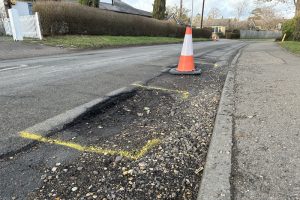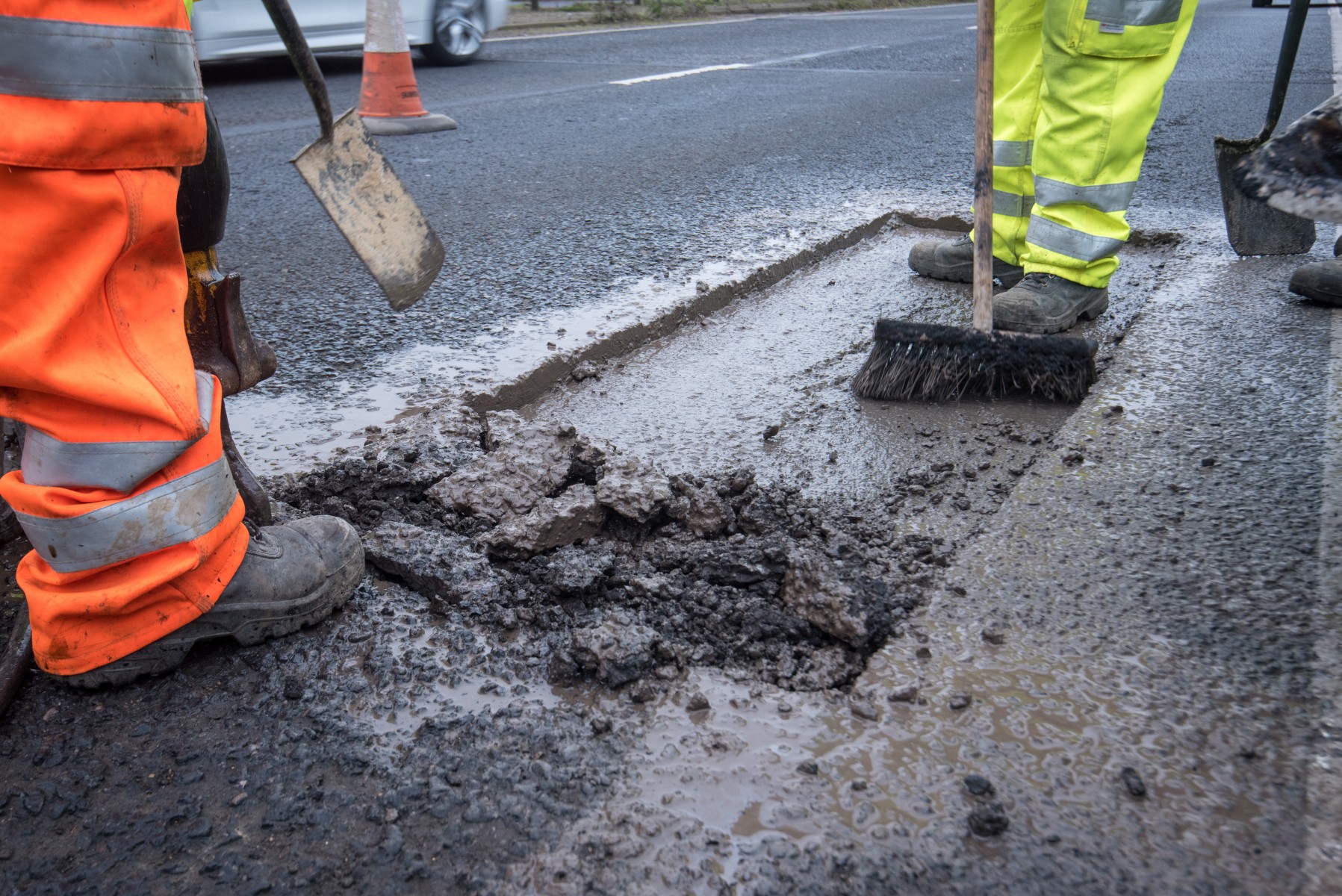Road Construction and Maintenance: Why It Matters for Sustainable Development
Roads are the lifelines of modern civilization, connecting people, goods, and services across vast distances. They play a crucial role in economic growth, social inclusion, and overall development. However, their construction and maintenance require careful planning and execution to ensure they contribute to sustainable development rather than detracting from it. This balance between utility and sustainability underscores the importance of investing in quality road infrastructure.
The process of road construction is more than just laying asphalt. It begins with extensive planning, considering factors such as environmental impact, traffic flow, and long-term durability. Proper road construction ensures that routes are resilient to wear and tear while minimizing harm to natural ecosystems. The choice of materials, for instance, can significantly impact the road’s carbon footprint. Using recycled materials or energy-efficient processes can reduce emissions, making the project more environmentally friendly.
Equally important is road maintenance, which ensures that existing infrastructure remains functional and safe. Neglecting regular upkeep leads to potholes, cracks, and degraded surfaces, which not only cause inconvenience but also pose serious safety risks. Poor road conditions can increase vehicle wear and tear, raise fuel consumption, and contribute to accidents. Regular maintenance, therefore, is not just about preserving roads but also about reducing overall costs for governments and road users alike.
Roads also play a vital role in fostering economic development. Reliable transportation networks allow goods to move efficiently, lowering the cost of trade and boosting local economies. For rural areas, roads provide access to markets, education, and healthcare, acting as a bridge to opportunities that might otherwise remain out of reach. By connecting isolated communities, roads help reduce inequalities and promote social cohesion.
In the context of sustainable development, the design and maintenance of roads should prioritize durability and environmental conservation. Poorly designed roads can lead to deforestation, soil erosion, and habitat destruction, disrupting local ecosystems. On the other hand, well-planned roads can include features like wildlife corridors, rainwater drainage systems, and noise-reduction barriers, ensuring that infrastructure and nature coexist harmoniously.
The importance of road construction and maintenance extends beyond physical connectivity. Well-maintained roads are a marker of governance and public investment, reflecting a commitment to citizen welfare and national development. They symbolize progress and are often among the first indicators of a region’s economic health.
As the global population grows and urbanization accelerates, the demand for roads will only increase. To meet this demand sustainably, governments and private sectors must adopt innovative approaches to construction and maintenance. Smart technologies, such as sensors for monitoring road conditions and AI for optimizing traffic management, are revolutionizing the way infrastructure is built and maintained. These advancements not only extend the lifespan of roads but also make them safer and more efficient.

In conclusion, road construction and maintenance are foundational to sustainable development. They connect people, drive economies, and improve quality of life while shaping how societies grow and interact with their environments. By prioritizing sustainability in planning, construction, and maintenance, we can ensure that road networks remain assets rather than liabilities, fostering a future where progress and preservation go hand in hand.

